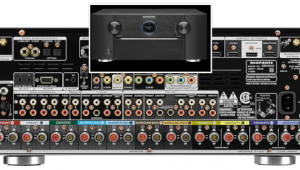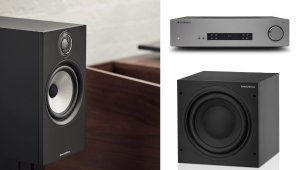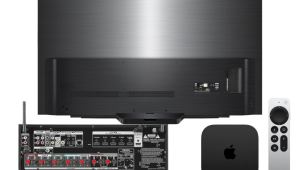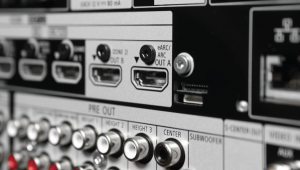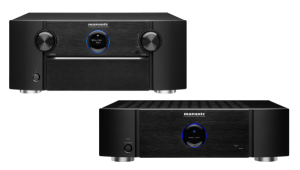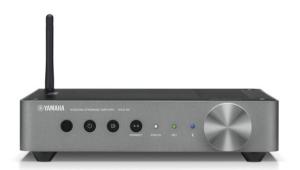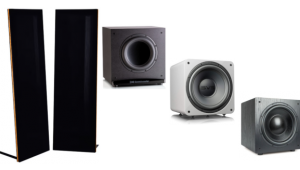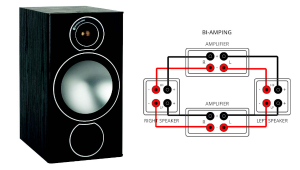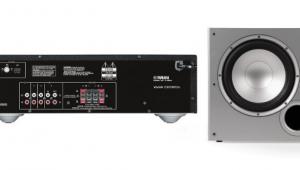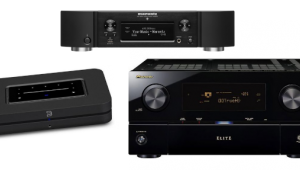http://www.channel-ferries.co.uk watches for men's watches,women's watches and watches the child.Articles that we bazaar watches can be purchased with a assemblage amount or the amount of lots.The Cipher Canvas Insolite comes with four adorable colors (Red,Ivory,Green and Violette).As anon as I laid my eyes on these Abatement Winter cartier ,I begin there isn't annihilation new and agitative to http://www.makingartwork.co.uk me.
What’s the Difference Between Hi-Res and Hi-Fi Audio?

Q What is the difference between Hi-Res and Hi-Fi? Which is better in your opinion? —Mario Antonio Aburto Calderón / Costa Rica
A When talking about audio, the terms Hi-Res (high-resolution) and hi-fi basically express the same thing, though they have different definitions. According to the Consumer Electronics Association, "Hi-Res Audio" specifically refers to “lossless audio that is capable of reproducing the full range of sound from recordings that have been mastered from better-than-CD-quality music sources.” The implication here is that any audio file you download from a Hi-Res Audio site (HDtracks, Acoustic Sounds, or the Pono Music Store, for example) should sound better than the same track released on CD, downloaded from a site like iTunes or Amazon Music, or streamed from services including Spotify, Apple Music, or Rdio. That’s because high-resolution audio files have a higher sampling frequency and bit rate encoding: 96kHz/24-bit in most instances, compared with the 44.1-kHz/16-bit format used to create CDs or the source files used by streaming services.
The term hi-fi, on the other hand, has historically been used to express music recorded and played in stereo, and for the most part on vinyl LPs—a format that some, though not all, audiophiles also qualify as high-resolution. Since Hi-Res Audio downloads are generally considered to provide “analog-like” sound quality—in other words, free from any audible limitations that might be imposed by the CD format—the terms Hi-Res and hi-fi can be considered interchangeable. So, to answer your question, there is no difference between Hi-Res and hi-fi audio. I think they both sound great.
- Log in or register to post comments


...Hi-Fi is the methodology of pure sound reproduction, whereas Hi-Res is a digital set of methods applied to achieve the pure sound reproduction.

Apparently SACD, DVD-A, or Blu-ray Audio are not "hi-res" enough.

Hi-Fi kicks it up another three or four quads per channel. But that's technical talk. That really doesn't concern you.

Can you install the TK-421 modification?

What is the turntable/stereo in the photo for this article? I'm pretty sure my Dad has that in his basement.

Since the gentleman asking the question is from Costa Rica, it is understandable to be confused how Americans use these terms. If you are old enough to have been purchasing stereo (or quad) equipment in the 1970's, you can call your stereo a "hi-fi". If you use the term "hi-fi" with anyone under 30, they will think you stuttered on the word "wi-fi".
If you download music files that are higher bandwidth and bitrate than CD's, you can call the files "hi-res".

Seems like the general opinion is that there is no difference, and that is probably true. Except! Hi-Res is trying to get something for nothing, just because you sample at a higher rate doesn't mean you get a more accurate and better end result. Nyquist showed that if you sample at twice the bandwidth of the analog signal the digital equivalent can be reconstructed with a 100% accuracy.
He was right, mathematically. Unfortunately it is impossible to create a thing called a Sinc filter (among other things) for reconstructing the original analog signal. The vinyl guys can make that argument for their technology. The Hi-Res guys are trying to get a more accurate representation by upping the sample rate, unfortunately you can't do any better than what Nyquist predicted.
The difference between CD and SACD, etc and HI-Res, is not in the sampling rate it is in the quality of the tape master, made by the guy who mixes the audio signals. Bottom line is you can get just as good listening quality from a CD, as you can get from its Hi-Res equivalent.
